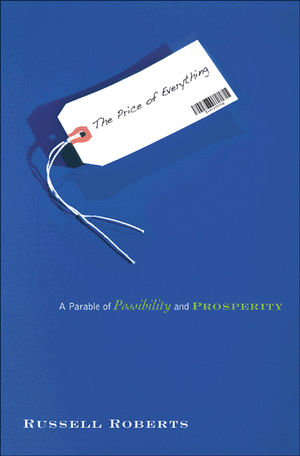Tonight, there was a gathering of a few students (some former, including myself) who decided to get together to discuss Catholic Social Teaching. Kevin Burke, the head of the Peace and Justice committee for the GMU Catholic Campus Ministry, had put together the group and assigned the discussion to be on Rerum Novarum.
All that attended had something to say on the social teaching's of Pope Leo XIII. The discussion went from the good points to the bad points of the Papal Encyclical and even to one another sharing why some points we thought were bad are really good. It was a fun time shared by all. Most gatherings last an hour to allow students to get to other class projects such as homeworks, but it appeared no one wanted to leave.
With a group full of students such as these, who would want to leave?
If you get a chance, head up to Brion's Grill on Tuesdays at 7:30 p.m. Don't have to be Catholic to discuss, and Tuesdays at Brion's is half price burger day in case you needed another incentive to come.
Tuesday, September 30, 2008
Saturday, September 27, 2008
The BuyOut Bet: Caplan is at it again.
I have to say that I get excited when Caplan wants to make a bet. Anytime someone who knows little about economics but can not help themselves from making outlandish claims; Caplan calls them out. With a gesture of a bet, he tells them that "Talk is Cheap", and that they need to "Put their money where their mouth is." For anyone can say anything, but if you ask them to put money behind their claims, it will prove how much they truly believe in what they say.
Is it time do more Crunches? FT on the Credit Crunch
Samuel Britton of the Financial Times had stated in May this year:
One striking feature of recent events is how slow they have been to hit the real economy. Although the credit crunch was first discerned last August no major area has yet recorded a downturn in activity, as distinct from a growth slowdown. This suggests not that the crisis is coming to an end but that it is slow-burning. The ominous feature is the one I have already hinted at in my reference to the continued trend rise in commodity prices, which could well be part of a long-term shift in the terms of trade against the industrial west, as well perhaps as part of a shift in political and economic power. Here is an area where it will be necessary to adapt to market movements rather than to attempt to reverse them by ill-considered intervention.and recently on discussing Chris Coyne's book After War:
he(being Coyne) accepts the case for occasional intervention for humanitarian reasons or to protect US citizens. His main suggestions are to avoid nation-building types of intervention and adopt free trade, if necessary unilaterally by the US. It is perhaps déformation professionelle for economists to overrate the spillover benefits of the latter. But peace and welfare may depend on how far the next US president accepts the main lines of his analysis – a subject even more important than the current credit crunch.HT to Chris Coyne.
Wednesday, September 10, 2008
Subscribe to:
Posts (Atom)

